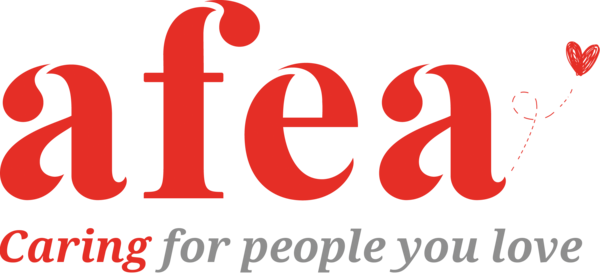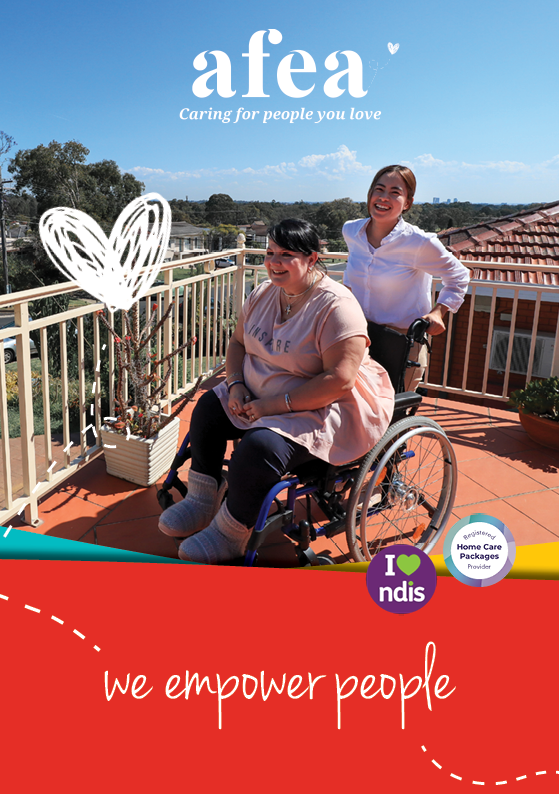You may have heard the phrase “choice and control” when people talk about the NDIS.
What does choice and control mean, exactly?
Let’s turn to the NDIS glossary:
“A participant has the right to make their own decisions about what is important to them and to decide how they would like to receive their supports and who from.”
No two people are the same – we all have our own aspirations and goals. A comfortable and fulfilling life for you may not be a fulfilling life for another person. Your NDIS funding allows you to move away from the “one-size-fits-all” model of receiving care. Having choice and control over how to live your life and which services to purchase to help you achieve your goals can truly be life-changing.
Let’s take a closer look!
What choice and control means for NDIS participants
National Disability Services (NDS), the peak body for non-government disability service organisations, has a choice and control policy template that can help you understand what having “choice and control” means for you:
- You have a say in the services you receive. Service providers and the Government must collaborate with and consult people with disability and other key stakeholders. This is to ensure your choice and control is actively exercised!
- You have the capacity to make decisions, exercise choice and provide informed consent. People of all abilities can make decisions about how to live their life.
- You are supported to develop your capacity to make independent decisions. The goal is to empower you so you can make decisions on your own.
How choice and control works
Designing your plan and budget
At the start of your NDIS journey, you will sit down with an NDIS Planner to talk about the supports you need in order to maintain or enhance your independence.
The NDIS Planner will take your specific goals and the evidence you provide into consideration. This will help in finalising your plan and funding.
Spending your budget
NDIS funding is allocated across three budgets – Core Supports, Capacity Building and Capital Supports.
Of these three, Core is the most flexible. Core Supports funding helps you with everyday activities and has four categories:
- Assistance with Daily Living – assistance with self-care activities that will help you live as independently as possible, e.g. personal care from a support worker
- Consumables – helps you purchase everyday items that you might need to help you with your disability, e.g. continence products
- Assistance with Social and Community Participation – can help you get out and about and engage with the community, e.g. support worker to help you attend social and recreation activities
- Transport – gives you funding to help you get to work or places that will help you achieve your goals
When we say your Core funding is flexible, we mean you can move the funding across any of the support categories. This is depending on your needs.
(Please note that certain transport funding may not be as flexible, depending on how your plan is structured. You can read more in our guide to NDIS transport and driving supports.)
For example, even if you have funds allocated to Consumables, you are free to use these funds to pay a support worker to assist you at home every day (Assistance with Daily Living) or to accompany you at art class once a week (Assistance with Social and Community Participation). You have choice and control on what you believe will best serve your needs and goals.
Hiring the people who can help you
You can also have a Support Coordinator assist you in finding the best service providers in your area.
Add a Plan Manager to your team and you’ll have someone who can handle your finances and give you advice on how to maximise your NDIS funding.

Funding for plan management comes out of its own budget in your NDIS Plan. This means the service is effectively free, and will not take budget away from your other supports. This will also give you even more choice and control, as having a plan manager will give you access to both registered and non-registered providers. (If your plan is managed by the NDIA, you can only purchase supports from registered NDIS providers.)
Who you’ll hire as your Support Coordinator or Plan Manager, and what service providers you’ll decide to sign an agreement with, is all up to you.
Making changes when you’re not happy
You don’t need to be stuck with a support coordinator, plan manager or service provider if you’re not happy with their level of service. Ask about your provider’s cancellation policy and feel free to switch to another company if you’re unhappy.
Usually, your first plan reassessment happens 12 months after your plan starts. However, you can request an early plan review if your circumstances change and your current funding doesn’t serve your goals anymore.
All of this is choice and control in action!
Questions?

If you have more questions around how to exercise your choice and control with regards to your plan:
- Our compassionate team of Carers/support workers can provide daily assistance, no matter how complex your needs may be
- Afea’s Support Coordination team can connect you with providers and help you understand your plan and service agreements
- Afea’s Plan Management team can make sure you’re getting the most out of your budget, Core or otherwise!















